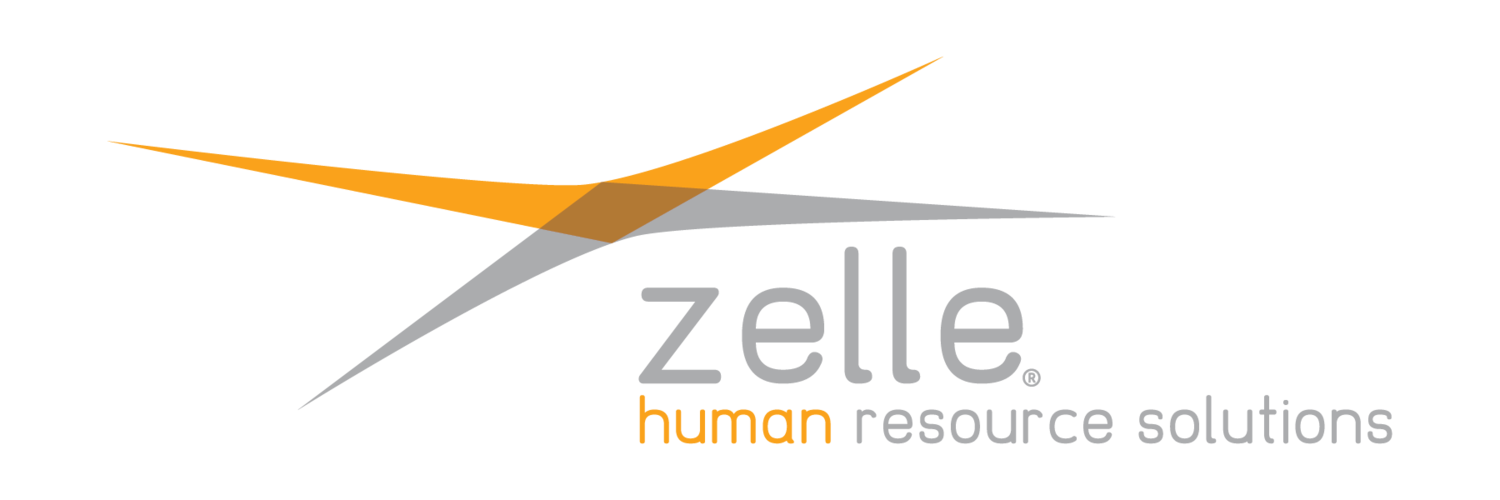The Business Life Cycle
Businesses continually evolve and change in predictable ways. Immersed in that process on a daily basis, even the most effective leaders miss organizational opportunities and threats. However, understanding where the business is today, the subtle changes that are taking place, and where you want to be, are leadership imperatives.
Models for business life cycles have existed for some time. Evolution and change in any business are real, though not always obvious. Most leaders would respond affirmatively to the question: “Do you think things will changes as you move past being a start up?” Many would pause, though, if asked what they needed to change. This is not criticism; just affirmation that focusing on the daily grind and strategic organizational development is hard work.
Understanding the life cycle of your business makes this hard work manageable. Models to guide organizational understanding have been around for some time. Older models had a flaw. The entire cycle was a rough analogy to a human life cycle. There was a beginning and an ultimate decline. Those models did not always inspire leaders. Who wants to work toward certain demise?
At Zelle, the model is different. We refer to it as Enterprise Evolution. We know businesses evolve, adapt, grow and prosper. This success does not occur at the end of the life cycle, but continually through key stages of business and organizational growth. Our stages of evolution align with, and reveal, essential needs, strategies, and actionsto nurture business evolution.
Alluded to earlier, it is hard to understand and manage the phases of business evolution while looking from the inside. First, there are the demands of the daily work. Secondly, without disciplined analysis, there will be a full range of opinions. Different facets of the business thrive or struggle at different stages. Objectivity can be hard.
The partners in driving sales and top line revenue may be firing on all cylinders and quite happy.However, a conflict with operations is beginning to creep into the culture. The need to balance what is being promised with what can be delivered is imminent. It is just business, but these types of normal tension are an alarm that the evolutionary realities of the business need to be managed.
Enough about what is happening inside the business. Consider the how; how do we guide and stay ahead of these organizational dynamics? The first step is determining and articulating where your business is today, and where you want it to be next year. Yes, a year. We are not trying to develop a three-year strategy; rather we want to manage real time organizational change and development. As always, any action or decision must pass the following question: “Will these steps drive business results?’
The Zelle promise is to match people and their capabilities with the needs of the changing organization. We will discuss each phase in more detail, but for now consider the following phases of Enterprise Evolution:
Exploration/Expertise: Love of the work, Subject-Matter Experts
Emerging/Enterprise: Organizational Functions Emerge, Roles Beyond Expertise Develop
Evolution: Growth Focus, Enhanced Individual Performance
Excellence/Endurance: Vision, Alignment, Innovation and High-Performance Focus
Help us keep the discussion going. Remember to pick up the phone to discuss ideas, set a time for us to visit your business, or e-mail us with questions.
